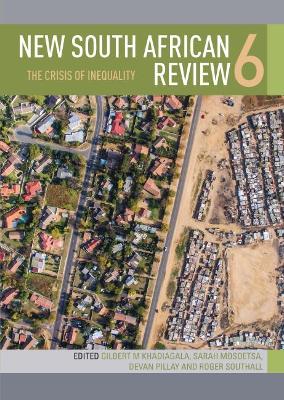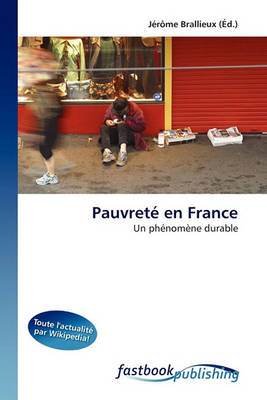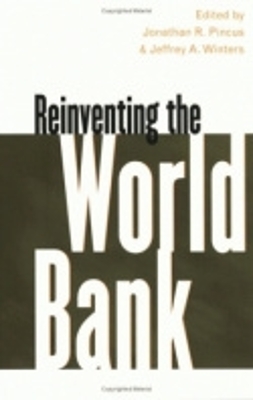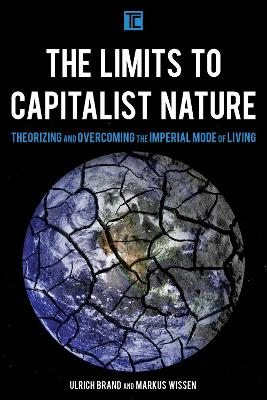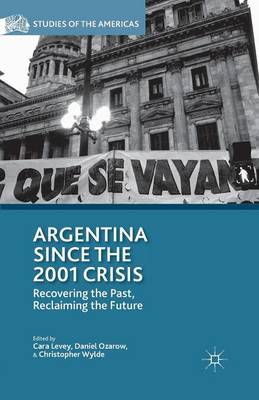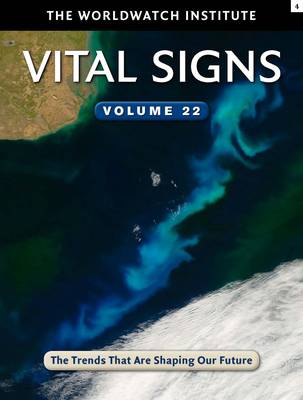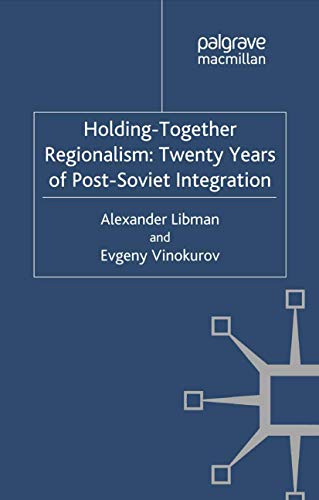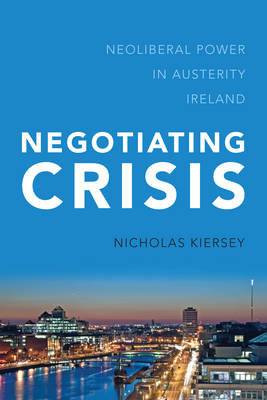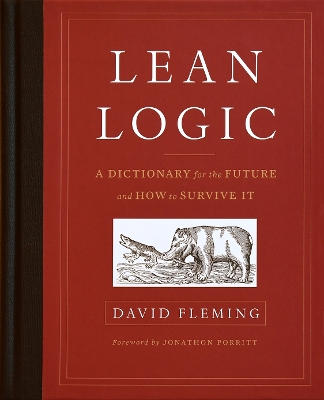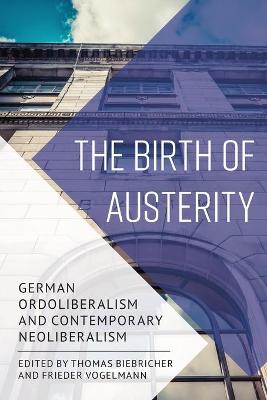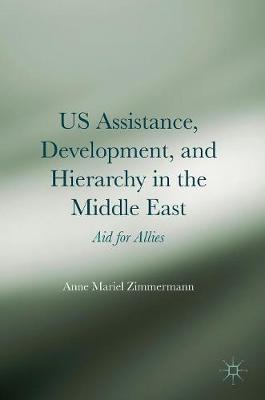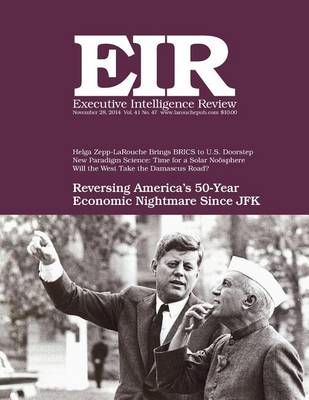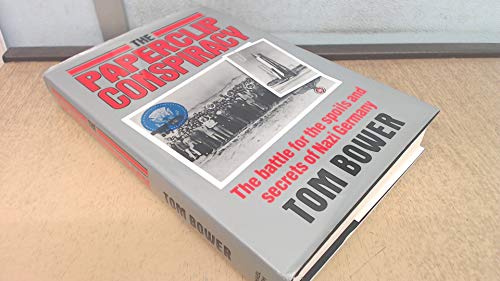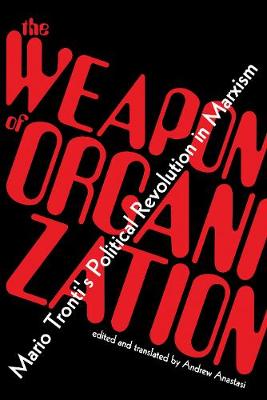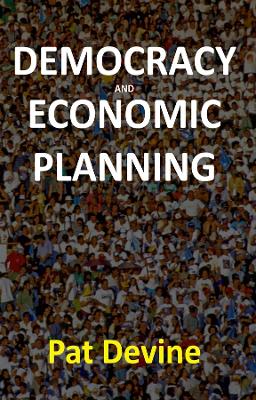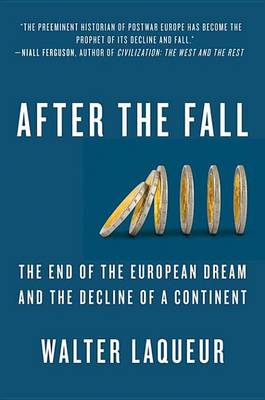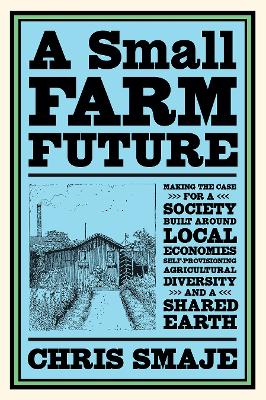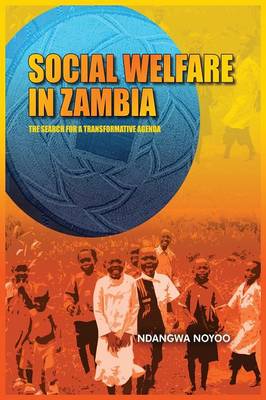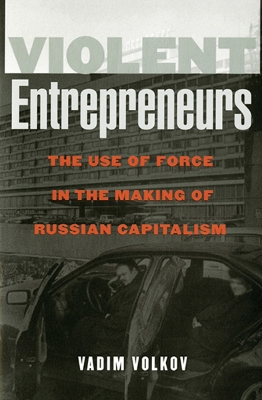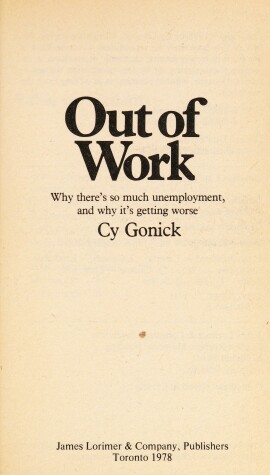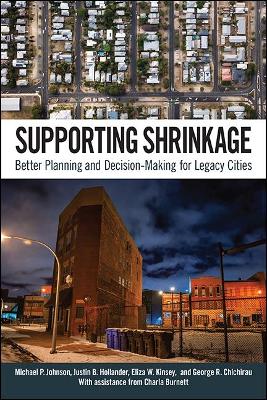New South African Review 6
by Samuel Kariuki, Jacqui Ala, Stephanie Allais, Doreen Atkinson, David Black, and Sarah Bracking
Despite the transition from apartheid to democracy, South Africa is the most unequal country in the world. Its extremes of wealth and poverty undermine intensifying struggles for a better life for all. The wide-ranging essays in this sixth volume of the New South African Review demonstrate how the consequences of inequality extend throughout society and the political economy, crippling the quest for social justice, polarising the politics, skewing economic outcomes and bringing devastating envi...
Largely ignored for decades, the World Bank increasingly finds itself at the center of an international political maelstrom. Attacked by the Right as the last bastion of socialism and by the Left as an instrument of economic imperialism, the Bank has struggled to adapt to a changing post-Cold War era. Still the world's leading development institution in terms of size and influence, the International Bank for Reconstruction and Development's failure to articulate and implement a convincing strate...
The Limits to Capitalist Nature (Transforming Capitalism)
by Ulrich Brand and Markus Wissen
The book provides for a historical-materialist understanding of the multiple crises of capitalism, focusing on the ecological crisis and its interaction with other crisis phenomena (financial crisis, crisis of democracy, economic crisis). Drawing on political ecology, Gramscian theory of hegemony, critical state theory and the regulation approach, it introduces the concept of an imperial mode of living in order to better understand the everyday practices and perceptions as well as the social rel...
Argentina Since the 2001 Crisis (Studies of the Americas)
This timely and interdisciplinary volume analyzes the many impacts of and contrasting responses to the Argentine political, economic, and social crises of 2001-02. Chapters offer original theoretical models and examine the relationship between political, cultural, economic, and societal spheres.
What we make and buy is a major indicator of society's collective priorities. Among twenty-four key trends, Vital Signs Volume 22 explores significant global patterns in production and consumption. The result is a fascinating snapshot of how we invest our resources and the implications for the world's well-being. The book examines developments in six main areas: energy, environment and climate, transportation, food and agriculture, global economy and resources, and population and society. Reader...
Holding-Together Regionalism: Twenty Years of Post-Soviet Integration (Euro-Asian Studies)
by Alexander Libman and E. Vinokurov
An in-depth analysis of one of the most important and complex issues of the post-Soviet era, namely the (re-)integration of this highly interconnected region. The book considers the evolution of 'holding-together' groups since the collapse of the Soviet Union in 1991, looking at intergovernmental interaction and informal economic and social ties.
The financial crisis revealed the ugly side of neoliberal globalization and the international impact has been vast. But how has it been experienced on an everyday level? What does this mean for the way citizens understand their place in the global political economy? Does this have implications for political theory? This book explores how the financial crisis has been explained and experienced by the Irish people, through examples from everyday popular culture. But, it is also about more than th...
Lean Logic is David Fleming's masterpiece, the product of more than thirty years' work and a testament to the creative brilliance of one of Britain's most important intellectuals. A dictionary unlike any other, it leads readers through Fleming's stimulating exploration of fields as diverse as culture, history, science, art, logic, ethics, myth, economics, and anthropology, being made up of four hundred and four engaging essay-entries covering topics such as Boredom, Community, Debt, Growth, Har...
The Birth of Austerity
Ordoliberalism and the 'Freiburg School' have gained traction in contemporary political economy in response to two factors: a rising interest in governmentality studies and the banking, financial and sovereign debt crisis in Europe. In the face of these crises, Germany has assumed a position of quasi-hegemony in the European Union, making decisions about bailouts, the politics of crisis management and the rise of austerity. This volume gathers together English translations of seminal ordolibera...
US Assistance, Development, and Hierarchy in the Middle East
by Anne Mariel Zimmermann
What does US aid "buy" in the Middle East? Drawing on extensive primary source research, this book examines the role and consequences of US aid to three countries in the Middle East. The author argues that the political survival strategies of incumbent leaders in Egypt, Israel, and Jordan shaped not only the type of aid that these countries received from the US, but also its developmental and geopolitical impact. Leaders who relied heavily on distributing selective benefits to their ruling coali...
Executive Intelligence Review; Volume 41, Issue 47 (Executive Intelligence Review, #41)
by Lyndon H Larouche Jr
Mario Tronti was the principal theorist of the radical political movement of the 1960s known in Italy as operaismo and in the Anglophone world as Italian workerism, a current which went on to inform the development of autonomist Marxism. His "Copernican revolution"-the proposal that working class struggles against exploitation propel capitalist development, which can only be understood as a reaction that seeks to harness this antagonism-has inspired dissident leftists around the world. Tronti's...
Democracy and Economic Planning (Aspects of Political Economy S.)
by P.J. Devine
This book is a wide-ranging analysis of the nature of economic planning in both capitalist and state socialist societies. It seeks to establish an alternative to market forces as a means of co-ordinating decentralized economic decisions. The author begins with an analysis of the theory and practice of capitalist planning, central planning and market socialism. He argues that, while market socialism is currently favoured by many economists who reject both capitalism and the command planning of Ea...
Walter Laqueur was one of the few experts who predicted Europe's current financial and political crisis when he wrote "The Last Days of Europe" six years ago. Now this master historian takes readers inside the European crisis that he foresaw. Ravaged by the world economic meltdown, increasingly dependent on imported oil and gas, and lacking a common foreign policy, Europe is in dire straits. With the authority that comes from thirty years of experience as an expert on political affairs, the auth...
Perfect for readers of James Rebanks, Wendell Berry and Thomas Piketty, A Small Farm Future is a refreshingly new outlook on the way forward for society. A vital resource for activists, students, policy makers and anyone looking to enact change. In a time of UNCERTAINTY, what would a truly RESILIENT SOCIETY look like? The recent pandemic has brought to light the fragility of a globalised food system. We have seen firsthand how important farmers are and how scary it can be when supply chains b...
Entering the shady world of what he calls "violent entrepreneurship," Vadim Volkov explores the economic uses of violence and coercion in Russia in the 1990s. Violence has played, he shows, a crucial role in creating the institutions of a new market economy. The core of his work is competition among so-called violence-managing agencies—criminal groups, private security services, private protection companies, and informal protective agencies associated with the state—which multiplied with the lib...
Supporting Shrinkage
by Michael P Johnson, Justin B Hollander, and Eliza W. Kinsey
El futuro de la Atencion Comunitaria para la Salud Mental
by Jose Agustin Ozamiz
